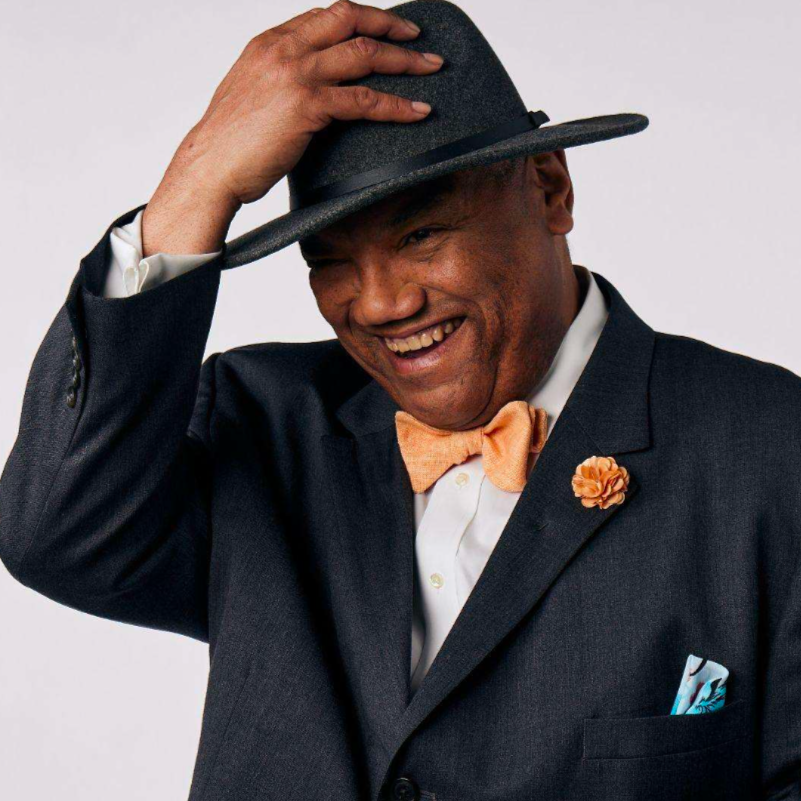Virtual Quarterback Summit was uplifting for Falcons’ Raheem Morris

Falcons defensive coordinator Raheem Morris, a former NFL head coach, took part in the third annual Quarterback Summit on Monday and Tuesday.
The program, which was held in Atlanta last season, was held virtually over the internet and was sponsored by the NFL and the Black College Hall of Fame.
It featured panels led by NFL owners, current and former professional and college coaches and was geared toward professional development and strengthening diversity in the league’s hiring processes.
“It was designed to get these guys exposure from the lowest level of our organizations to the highest level of our organizations,” Morris said. “Talking about what quality-control coach looks like. D.J. Williams, Doug Williams’ son, what a great job he did in his presentation.
“He presented to our young people and our youth about the importance of the job. How to get it and how to do the work for it. I thought he was excellent.”
Morris, who worked with the elder Williams in Tampa Bay and Washington, was proud of young Williams.
“I was around him when he was young and playing football,” Morris said. “I was around a guy like that and to see how he’s grown. It certainly gave a glimpse of hope and reflection of pride just watching him work.”
Steelers owner and president Art Rooney II, who chairs the league’s workplace diversity committee, Giants president John Mara, Tampa Bay coach Bruce Arians and former Ravens general manager Ozzie Newsome highlighted the panel discussion on hiring practices.
Other panel discussions included building a coaching staff, quarterback fundamentals and other practices for career advancement.
“I was just an attendee,” Morris said. “To go and be a part of the breakout sessions, get answers to the questions. They talked to me about my head coaching experience. The ability to go back, the changes, what’s now and what’s next. I talked to the group about that.”
The league’s recent change on its social justice stance, admitting that it was wrong not to support Colin Kaepernick in 2016, was a topic.
“We talked about some of the injustices and how our organization handles things differently,” Morris said. “Just starting right from the top with Arthur Blank going to Dan Quinn and how it’s a different vibe in Atlanta.
“For whatever reason, it just is. It’s because of the owner, it’s because of the head coach and it’s because of the pride of the people of Atlanta have always instilled in Arthur. He didn’t just start thinking about social injustices when the crisis happened that made everybody in the world break out and start to protest.
“He was ahead of the game. He was one of the people who led that charge right from the beginning from what he’s started to do in the city of Atlanta.”
NFL hiring practices have come under renewed scrutiny in recent years. The league adopted a more stringent and expanded application of the Rooney Rule that will require teams to interview minority candidates for head coaching and upper management positions.
“It was pretty interesting,” Morris said. “They were talking about the new rules and getting people exposure. They were able to talk about how they go through the interview process. How they find people. Some people use search firms. Some people use word of mouth around the league because there such small football circle.”
The owners said they were looking for candidates who have taken on major roles in their previous organizations.
“Those roles are important to get you in front of people and talk,” Morris said. “No matter what shot you come in, some of these longshots come out.”
Mara discussed the hiring of Joe Judge, a former special-teams coach with New England.
“(Mara) got his name through word of mouth, and that’s how he works about his process,” Morris said. “I don’t know if this new (Rooney Rule) program is going to make it all better in this one year. But I just think that development, being able to sit in front of people and talk to them like that, I don’t know where else you can get that forum from? Where else can you talk to the owners?”
Morris had a couple of takeaways.
“It’s not all networking,” Morris said. “It’s really about doing the best job at what you’re doing.
“If we have a good defense in Atlanta, that would give me the best (chance) to get put in the head coaches’ seat again. ... The best defense. The best whatever. Ultimately, you have to make your team good. That’s how you want to go about that business.”
Morris was Tampa Bay’s head coach from 2009-11. He was named the head coach at age 32.
In 2010, the Bucs went 10-6 and just missed the playoffs. They went 4-12 the following season and Morris was fired.
Morris just tried to grow from the Tampa Bay experience.
“You went into (the position), and there was no manual for that job,” Morris said. “You go into it and how you feel like you learned from the people you’ve been around. I’d been around some really good people in a limited amount of places because I was so young at 32.”
He went to Washington (2012-14) and then to Atlanta (2015-present) and has worked with Mike Shanahan, Kyle Shanahan, Sean McVay, Matt Lafleur and Dan Quinn.
“The way this thing has evolved and the way this thing has moved, has done nothing but help me grow and develop into and ultimately becoming an all-around team, complimentary -football base deal,” Morris said.
---
The Bow Tie Chronicles Podcasts:
Can be found on Google, iTunes and TuneIn
For more content about the Atlanta Falcons:
Follow me on Twitter @DorlandoAJC
On Facebook at Atlanta Falcons News Now
Atlanta Falcons coverage on the Atlanta Journal-Constitution
Have a question? Email me at dledbetter@ajc.com



